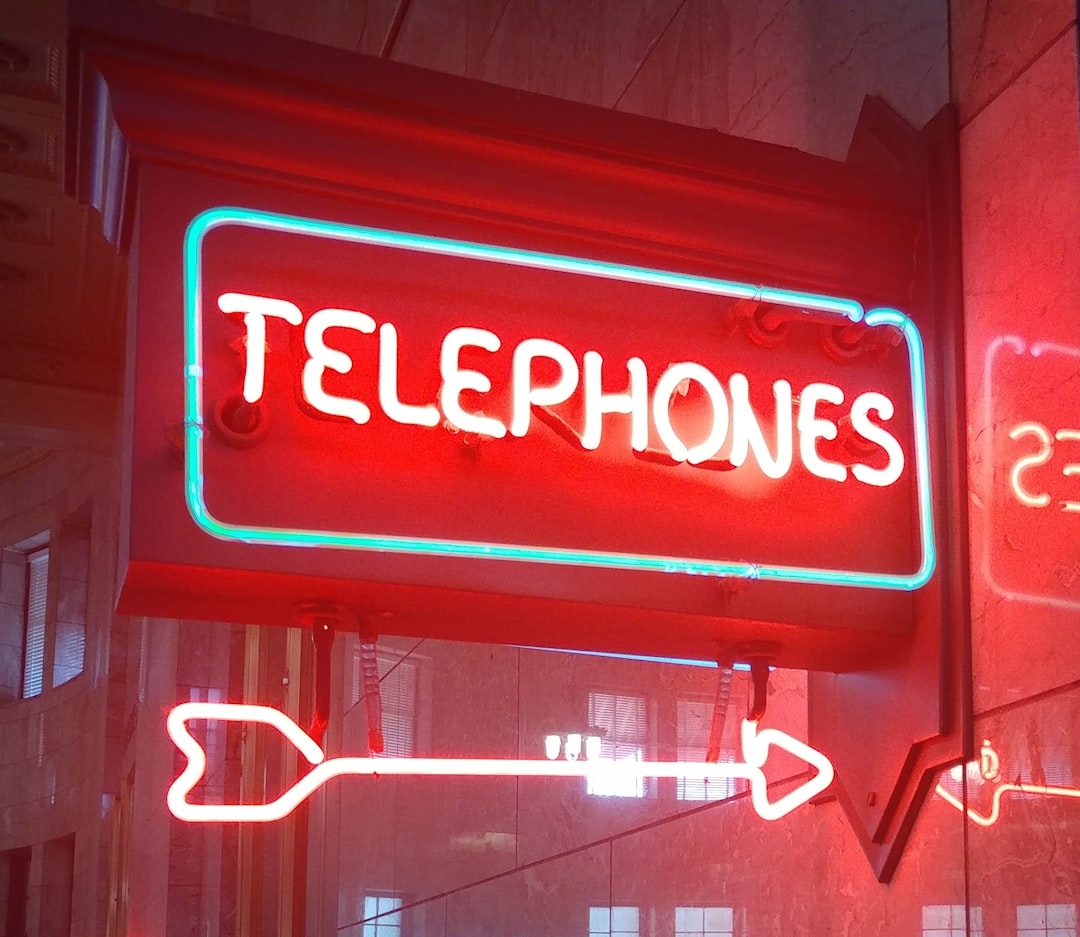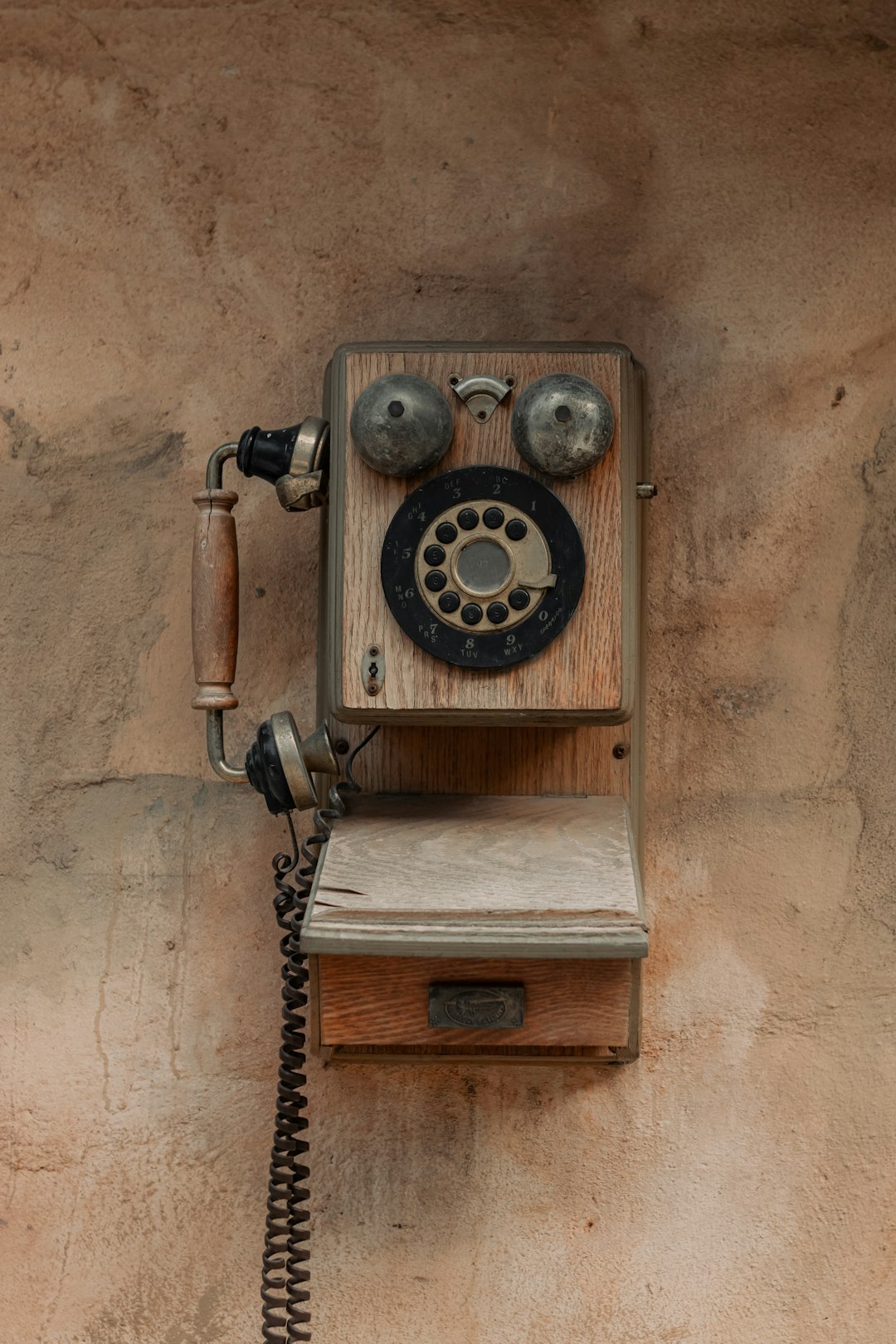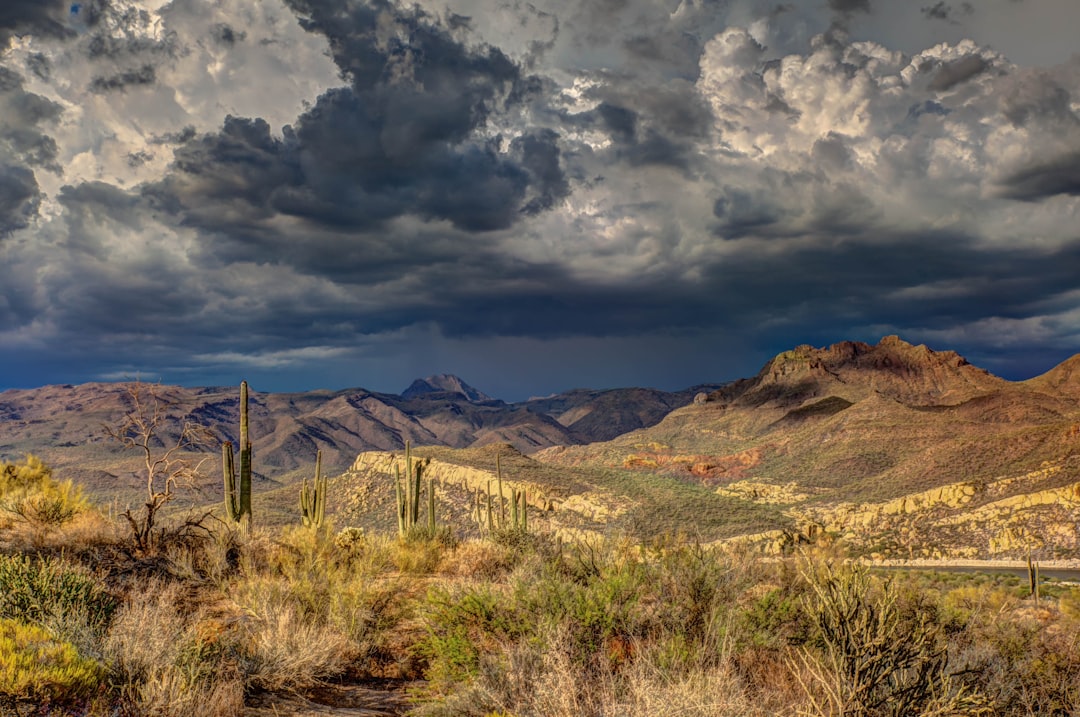Navajo County introduces a groundbreaking robocall reporting hotline in the Navajo language to combat unwanted automated calls, empowering Arizona residents to take control of their phone lines. This initiative addresses a growing concern among citizens wondering about legal action against robocallers, as the Telephone Consumer Protection Act (TCPA) allows for compensation up to $500 per call if violations are willful. By facilitating reporting and evidence gathering, the hotline potentially strengthens cases like "Can I Sue For Robocalls Arizona?" and fosters a stronger connection between county services and the Navajo community.
Navajo County has taken a bold step to combat robocalls by launching a dedicated reporting hotline in the Navajo language. With an increase in unwanted calls across Arizona, this initiative aims to empower residents, especially those who speak Navajo, to address the issue effectively. The article explores the new hotline’s impact and delves into legal rights, including potential avenues for ‘Can I Sue For Robocalls Arizona?’, emphasizing the importance of understanding one’s options when dealing with persistent robocall harassment.
Navajo County Addresses Robocalls with New Reporting Hotline

Navajo County, in collaboration with local authorities, has taken a significant step to combat unwanted robocalls by launching a dedicated reporting hotline in the Navajo language. This innovative approach aims to empower residents to take control of their phone lines and protect them from overwhelming automated calls. With robocalls being a persistent issue across Arizona, the new hotline provides a direct channel for Navajo County citizens to report these nuisance calls and seek resolution.
The initiative addresses a growing concern among residents who often find themselves receiving excessive robocalls, leaving many wondering, “Can I sue for robocalls in Arizona?” The hotline serves as a valuable resource, offering not only a means of reporting but also potentially opening doors for legal actions against persistent or malicious robocallers. Navajo County’s proactive measures showcase their commitment to ensuring a quieter and more peaceful environment for its residents amidst the digital noise.
Robocall Issues in Arizona: Understanding Legal Recourse

Robocall issues have become a significant concern in Arizona, with many residents experiencing unsolicited automated phone calls daily. These robocalls often promote various products and services, political campaigns, or even try to sell fraudulent schemes. While many people find them annoying, they can also be illegal if not properly regulated. In Arizona, the Telephone Consumer Protection Act (TCPA) provides consumers with legal recourse against unwanted robocalls.
If you’re wondering can I sue for robocalls in Arizona?, the answer is yes, under certain circumstances. The TCPA allows individuals to file a lawsuit and seek compensation for any harm caused by malicious or negligent robocallers. This includes monetary damages for each violation, with potential penalties reaching up to $500 per call if the caller willfully or knowingly violated the law. It’s advisable to gather evidence, such as call logs and recordings, to strengthen your case if you plan to take legal action against robocallers.
The Role of Language in Combating Unwanted Calls

The Navajo language plays a unique and significant role in combating unwanted calls, particularly robocalls, in Arizona. By launching a dedicated Robocall Reporting Hotline in Navajo, Navajo County is recognizing the importance of language as a tool to empower residents. This initiative ensures that local communities, many of whom are Navajo speakers, have a direct line to report and combat these nuisance calls effectively.
Understanding and speaking the Navajo language allows for more precise identification and categorization of robocalls, which can be crucial in legal proceedings. In terms of Can I Sue For Robocalls Arizona, knowing the specific language used by callers could strengthen cases against scammers or telemarketers. This new hotline not only facilitates reporting but also fosters a deeper connection between county services and the Navajo community, promoting a more inclusive approach to tackling this modern-day issue.






